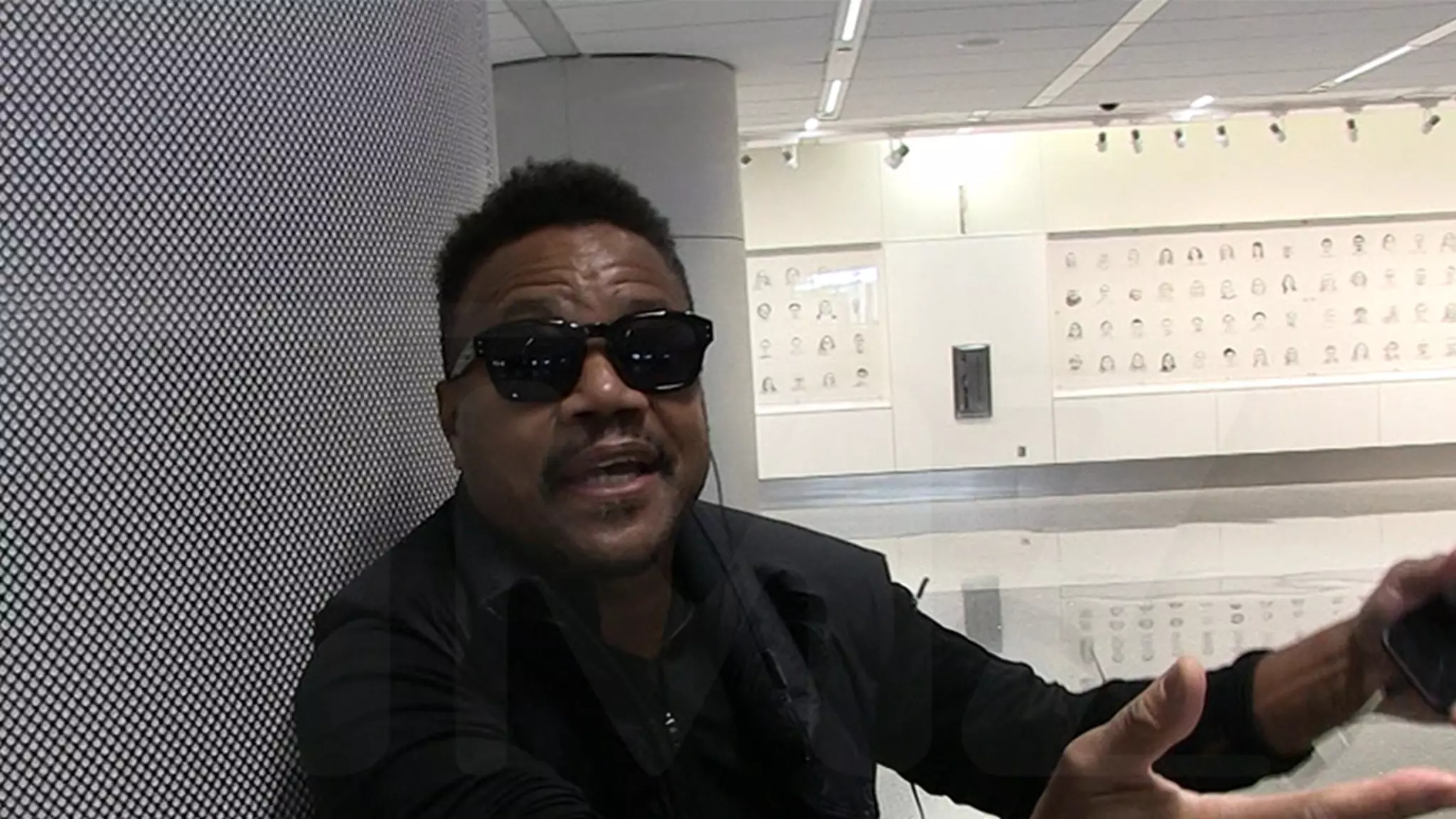Cuba Gooding Jr. recently delivered a poignant perspective on the troubled relationship between countries like Israel and Iran, suggesting that the looming threat of war is nothing short of sheer ignorance. With his characteristic candor, Gooding highlighted the disheartening nature of conflict and how often it is instigated by powerful individuals sitting in positions of authority, making life-altering decisions with a cavalier disregard for human life. This sentiment—one that critiques not just the politics of war, but the broader human ramifications—is increasingly relevant in a world where information flows predominantly through digital channels.
The Role of Technology in Shaping Perspectives
The advent of the internet has revolutionized the way we perceive global events, blurring traditional lines between heroes and villains. Gooding pointed out that the war narratives of the past, often steeped in black-and-white categorizations, have shifted dramatically; Americans once viewed the Russians as quintessential adversaries, depicted as the antagonists in countless films. However, the brutal realities of conflict have become more accessible. Today, images of suffering civilians, including children, not only portray the harsh truths of warfare but also resonate with the lived experiences of individuals in their own communities. This exposure fosters a greater understanding that the consequences of war are not limited by geographical boundaries; they reflect the shared human experience of vulnerability and trauma.
The Personalization of Global Issues
Cuba’s assertion brings us to a crucial point about modern warfare: the increasing personalization of global conflict. Unlike previous eras where war seemed distant and abstract, the digital age has forced us to confront the ugly realities of violence and loss in real-time. Social media platforms, news outlets, and even casual conversations expose us to the decay of societies under siege, often filtered through a lens that invites empathy rather than disdain. The man on the street understands that those suffering in foreign lands are not just statistics—they are individuals with hopes and dreams, much like ourselves. This shift towards empathy could be the critical catalyst needed to galvanize public sentiment against war, urging individuals to demand a shift in how conflicts are approached.
The Stakes of Inaction
Cuba Gooding Jr.’s comments serve as an urgent reminder that the consequences of war extend well beyond borders; they’re an imminent crisis that threatens to impact us all if preventive measures are not taken. Political leaders must recognize the weight of their decisions, reflecting on the broader implications of their actions. It is incumbent upon societies to foster a culture of dialogue and understanding, creating a foundation for conflict resolution that prioritizes the preservation of life over bravado and power plays. The potential for catastrophe rests on the thin veneer of diplomacy and reason; thus, a proactive stance against conflict is crucial for reducing the chances of war in our increasingly interconnected world.
Cuba’s reflection resonates deeply—war is not merely a political issue; it’s a profoundly personal crisis that touches the core of our humanity. Ignorance in the face of war should no longer be an option; instead, a collective engagement towards peace must emerge as a fundamental priority.

